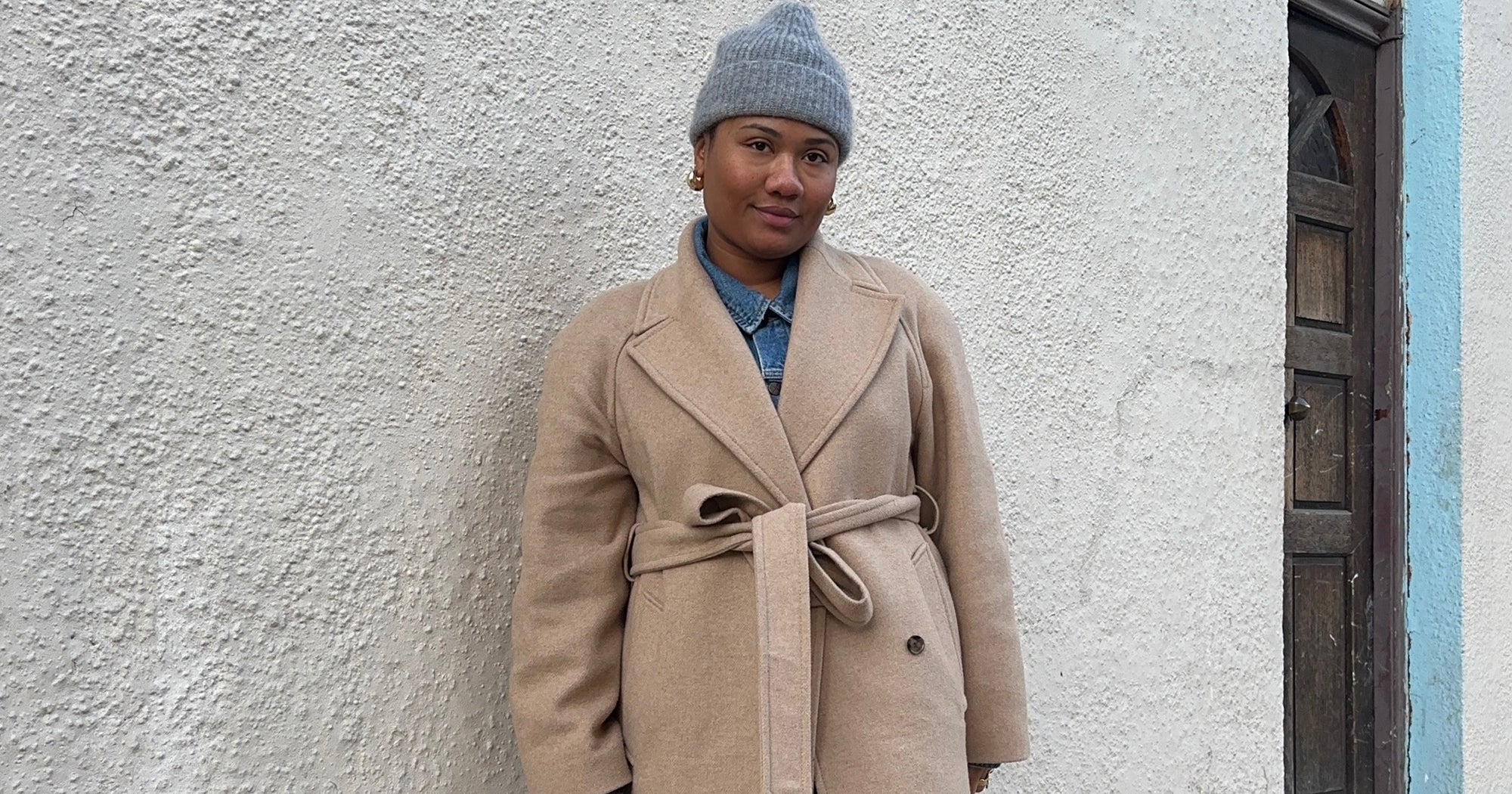That should be a recipe for success. But, it turns out that 44 minutes is too few to deliver the kind of nuance “Accused” is after. And without the time to ask complex questions, the episodes are emotionally manipulative–dropping the viewer into terrible situations with no real payoff.

Take the first episode: The liner note says it “confronts the limits of unconditional love” as Chiklis’ Scott becomes increasingly worried his teenage son “may be planning an unimaginable crime.” This is, indeed, an impossible situation with all potential answers already exhausted—Scott has tried putting his son in therapy, adjusting his parenting methods, and involving the police and gotten nowhere. It’s scary and draining to be asked to empathize with Scott, particularly as the episode builds.
But “Accused” has no wisdom to offer. Scott and his family are loving and well-to-do—his son’s propensity to evil is not because of neglect or abuse. In fact, this family has every advantage, and “Scott’s Story” takes pains to show that the elder son is thriving. The explanation of why they’re in this situation—through innocuous flashbacks pointing to something innately wrong in the second son—takes all the teeth out of the opportunity to present a strong social critique. What about incels and the radicalization of young men online? Nothing. Or nearly nothing, as we do see the young man playing shooter video games, surely a throw-back boogeyman with no real teeth. Even the ease of obtaining weapons goes unexamined. This episode asks for a huge emotional lift and its takeaway is that some people are bad. It’s simply not worth it.
And even in the lighter episodes, the format doesn’t work. I’d happily watch Nogueras’ Ava in a whole series, seeing her navigating her abusive mother, building a healthy relationship with her husband, and frankly, just doing more than gestating someone else’s baby. As it is, we don’t see her at work or with a passion project. Instead, we learn only of her alleged crime and that focus reduces her down to her Deaf identity—she’s a Deaf woman, advocating for Deaf rights but not much else.

We do get a larger picture of Harrison Ghee’s Kevin, seeing him at work and at play, but I still walked away frustrated. Why must this powerful, Black gay man be dragged into a courtroom at all? I want to see his happy love story, his coming-of-age tale, not this tale that’s needlessly painful to the audience and the protagonist.























































![Social Media Spring Cleaning [Infographic] Social Media Spring Cleaning [Infographic]](https://imgproxy.divecdn.com/9e7sW3TubFHM00yvXe5zvvbhAVriJiGqS8xmVFLPC6s/g:ce/rs:fit:770:435/Z3M6Ly9kaXZlc2l0ZS1zdG9yYWdlL2RpdmVpbWFnZS9zb2NpYWxfc3ByaW5nX2NsZWFuaW5nMi5wbmc=.webp)
![5 Ways to Improve Your LinkedIn Marketing Efforts in 2025 [Infographic] 5 Ways to Improve Your LinkedIn Marketing Efforts in 2025 [Infographic]](https://imgproxy.divecdn.com/Hv-m77iIkXSAtB3IEwA3XAuouMwkZApIeDGDnLy5Yhs/g:ce/rs:fit:770:435/Z3M6Ly9kaXZlc2l0ZS1zdG9yYWdlL2RpdmVpbWFnZS9saW5rZWRpbl9zdHJhdGVneV9pbmZvMi5wbmc=.webp)














